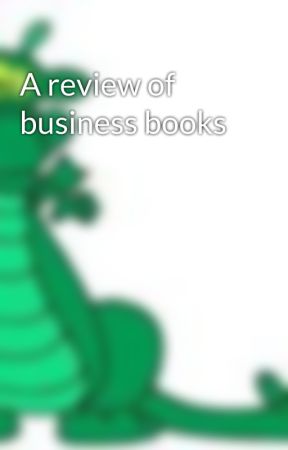During the pandemic, I had some time to read some non-fiction books. These authors came from different backgrounds, and I really wanted to write a systematic review to compare the difference in how they look at life & work. Here's the spectrum:
(left) productivity optimisation, 'it' IS suppose to be hard. swim against the current.
(left-middle)incorporate personal virtues into work, don't over-identify with your job. have a healthy balance of work and play. swim with the current.
(middle) be obsessed. it's not 'work', you live and breathe it. swim against the current but it is what you want.
(right) Ease and grace. Sit still and what you want flows to you. But you must grab it or it will flow past you.
Very few books stay on only one side of the spectrum, especially when the author has been in the industry for several decades. Therefore, they're colours on a spectrum but solid categories.
-
The 5am Club (Robin Sharma) focuses on productivity optimisation. Wake up at 5am, and every part of Victory Hour from 5-6 am is about optimisation of your mind and body, ensuring the pinnacle of health. However, Sharma also schedules out time for loved ones. Work and Relaxation are treated with utmost intensity. There is no in-between, for that would be a waste of time and effort. The War of Art (Steven Pressfield) is the same, consolidating negative work performance, e.g. procrastination and laziness as the 'Resistance'. Everything about life is going against Resistance. Become a Professional, do 'it' even if you don't want to, for that's what differentiates a Professional from an Amateur. The enemy is within, look at the playing field as a territory, not a hierarchy where you step on someone to climb up. In your territory, you are alone. Be obsessed with doing the best you can. The 4-Hour Workweek (Tim Ferris)'s book is also on productivity optimisation, but also he would rather earn more per hour than earn more in total. Time is of the essence to Ferris so he consolidated this intense work into as little time as possible, leaving the rest of his time to go travel and do whatever he wanted. One must note that on his podcast, he mentioned that he currently works 40-hour workweeks on his businesses. This is up to one's interpretation.
The lines between work and rest blurs, and very often, perfectionists end up losing the balance between work and personal life. This is briefly mentioned in The 5am Club, acknowledging the Dark Side of Genius, stating the way to overcome this is awareness. Divorces & burnout are common when these people are young (The Ride of A Lifetime- Bob Iger, Buddha & Badass - Vishen Lakhiani). Most of them are able to strike a balance later down the road, fortunately. And that is when life becomes filled with ease and grace. An admirable figure who managed to strike a balance with family since young is Li Ka-shing in one of his biographies 我一生的理念 (My Life's Philosophies). He had a stable, loving family and never entertained gossips from the Chinese media.
The key point is that most of these people are also obsessed with work, it is a part of them, not 'work'. 10 hours of productive hours per day is considered hard work to an outsider, but to the person, time slips away as they are perfecting their craft.
These people viewed potential failures differently. Two of Li Ka-shing's philosophies are 'Think of danger when living in peace' (居安思危) and 'Success is 90% thinking about failure'. Humility is of the essence, with quotes in his biography like 'The humblest person is king (人低为王)' and 'Things do not come more than three times (事不过三)'. In a chapter, he explains that once three good things have happened in a row, that is when one must be the most vigilant and hard on themselves. That is also when one is the most vulnerable to being careless. The fourth good thing is the hardest to come by. One is also most ignorant/arrogant at this point. To him, there is no other path than hard work. One can hate work, but everything is 98% perspiration. It is going to be tough. He is constantly prepared for anything bad, especially when everything is going good, no one fully knows all the tricks up his sleeves. Then, to Steven Pressfield, obstacles WILL come. It is expected. The path one is meant to be on will have the most resistance. And it WILL be hard. There are no excuses, one must just push through.

